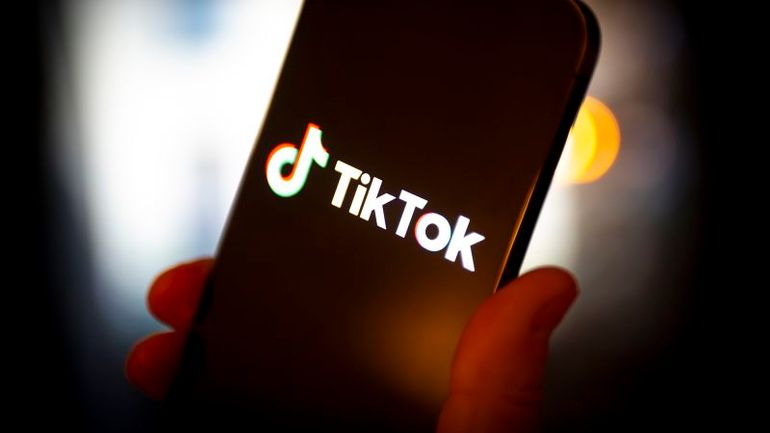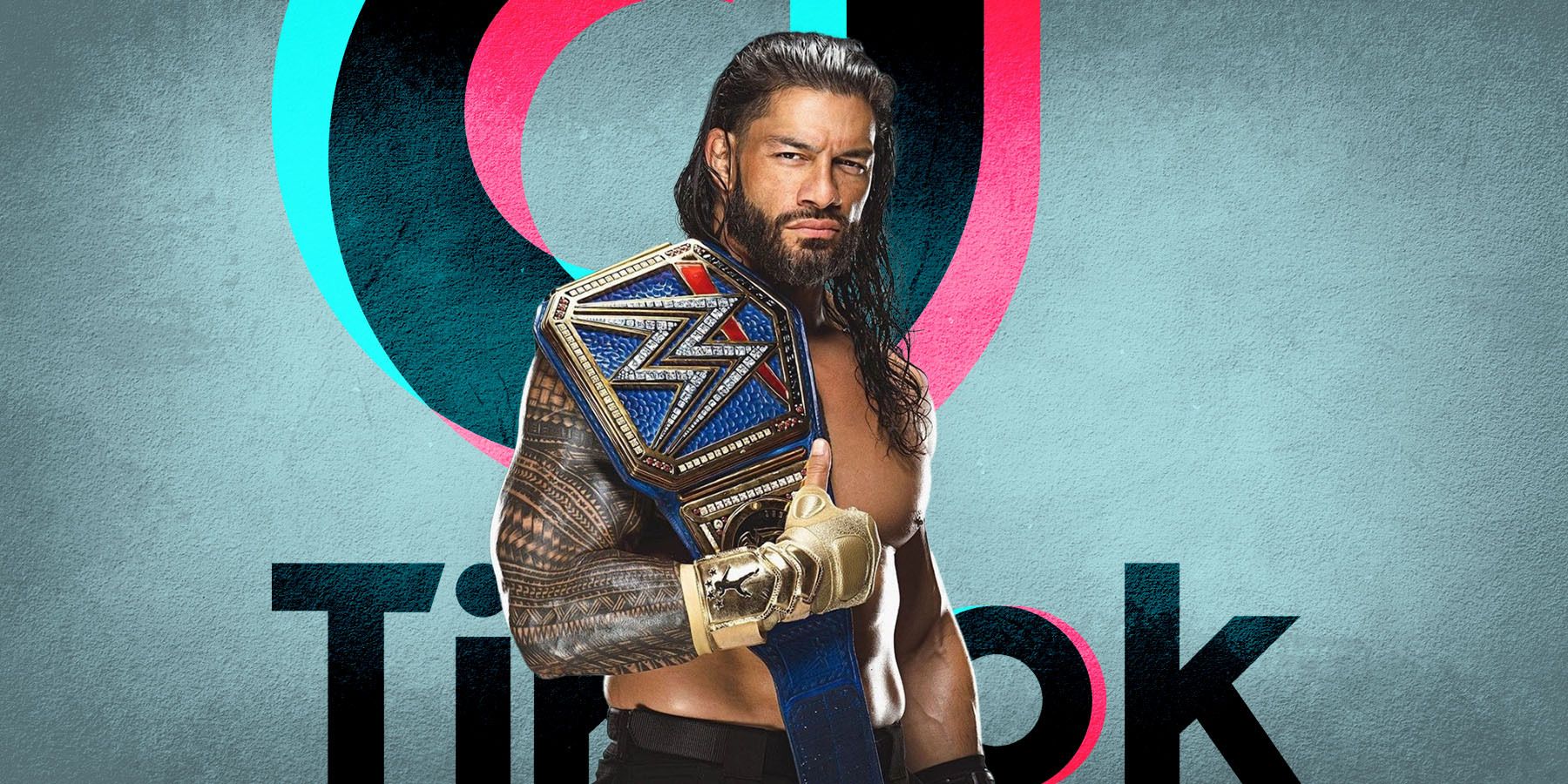
What to Expect After Congress Passes a TikTok Ban

Discover the latest update as Congress has officially passed a bill that could result in a TikTok ban across the nation, posing a significant challenge to the app's presence in the US market.
Congress has approved a bill that could result in a nationwide TikTok ban, posing a significant risk to the company's operations in the US. The bill was included in a foreign aid package supporting Israel and Ukraine, passing the Senate and then the House. It now awaits President Joe Biden's signature, which is likely. If signed into law, TikTok will need to find a new owner soon or face being banned from the US completely.
Here’s what we know and how it could affect you.
What does the TikTok legislation do?
The bill approved this week is an updated version of a bill that House lawmakers approved in March. It gives TikTok’s Chinese parent, ByteDance, 270 days to sell TikTok. If they fail to do so, TikTok would face consequences such as being prohibited from US app stores and "internet hosting services" that support it. This would limit new downloads of the app and interaction with its content.
If signed this week, the deadline for a sale would be in January 2025. However, under the legislation, President Biden could extend the deadline by another 90 days if he sees progress towards a sale. This means TikTok could potentially have up to a year before facing a ban.
Why did this end up being included in a foreign aid bill?
The original TikTok bill was approved by the House, but it hit a roadblock in the Senate. To push for a Senate vote on the TikTok legislation, House Republicans strategically added the updated bill to the foreign aid package this month. By combining it with the foreign aid bill, which is a key priority for the US, the TikTok bill was expedited and had a better chance of being approved.
It is expected that Biden will sign the TikTok bill soon. He has openly supported the bill as part of the foreign aid package. Biden has also shown support for previous TikTok legislation. Therefore, it is unlikely that he would oppose the latest version, which allows TikTok more time and gives the White House more say in any potential sale.
Jennifer Gay, a TikTok content creator, is seen sitting outside the U.S. Capitol on Tuesday, April 23, 2024. Senators are getting ready to discuss a law that would require TikTok's Chinese parent company to sell the platform or face a ban. This decision has sparked controversy among U.S. lawmakers.
Jennifer Gay, a TikTok content creator, sits outside the U.S. Capitol, Tuesday, April 23, 2024, in Washington as Senators prepare to consider legislation that would force TikTok's China-based parent company to sell the social media platform under the threat of a ban, a contentious move by U.S. lawmakers.
Mariam Zuhaib/AP
What does this mean for my use of the app?
If Biden signs the bill into law, TikTok will have 270 days to find a buyer. If TikTok fails to separate from ByteDance, users could potentially be cut off by January. However, this is still uncertain. For now, TikTok users can still use the app as usual. They may start seeing more creators or the company itself speaking out against the legislation.
What choices does TikTok have?
TikTok has stated that they will take the US government to court if President Biden signs the bill. A top TikTok executive sent a memo to employees on Saturday, emphasizing that this legal action would mark the beginning of a lengthy process to challenge what the company views as unconstitutional legislation. They believe the bill would restrict Americans' freedom of speech and negatively impact small businesses that rely on the app. Back in March, TikTok's CEO Shou Chew pledged to continue their fight by utilizing their legal rights.
Do you think TikTok has a strong case for their legal challenge?
First Amendment experts suggest that a bill aiming to censor TikTok users may not hold up in court.
According to Nadine Farid Johnson, policy director of the Knight First Amendment Institute at Columbia University, the longstanding Supreme Court precedent protects Americans' right to access information, ideas, and media from other countries. Banning TikTok would violate this right without any significant benefits, as foreign adversaries could still acquire sensitive data from data brokers.
A court challenge may result in the measure being temporarily blocked during the legal process, which could take several years. If a court does not approve a temporary injunction, TikTok may need to quickly adjust to comply with the law.
But what happens if TikTok is sold to a different owner?
TikTok's parent company is bound by Chinese law, and the Chinese government has expressed resistance to selling the app.
China has introduced regulations on exporting algorithms, which could impact TikTok's popular recommendation system.
If the Chinese government refuses to let ByteDance give up TikTok's algorithm, they could simply prevent the sale from happening. Another option would be to approve the sale but without including the valuable algorithm that drives TikTok's popularity.
The big question for TikTok would then be: Can it thrive without its algorithm? Without the special ingredient that has attracted 170 million users in the US, the app's future could be in jeopardy.
Editor's P/S:
The potential ban on TikTok in the US is a complex and multifaceted issue with far-reaching implications. While concerns over national security and data privacy are valid, the legislation raises questions about freedom of speech and the potential impact on American small businesses and content creators. The extended deadline of up to a year provides TikTok with some breathing room to explore its legal options and potentially find a new owner. However, the underlying geopolitical tensions between the US and China remain a major obstacle, and the outcome of any legal challenge or potential sale remains uncertain.
The possible ban on TikTok highlights the growing tension between national security concerns and the rights of individuals and businesses. The US government has a responsibility to protect its citizens from potential threats, but it must also ensure that any measures taken are not overly broad or infringe on fundamental freedoms. The potential ban on TikTok serves as a reminder of the need for a balanced approach that safeguards both national security and individual liberties.














